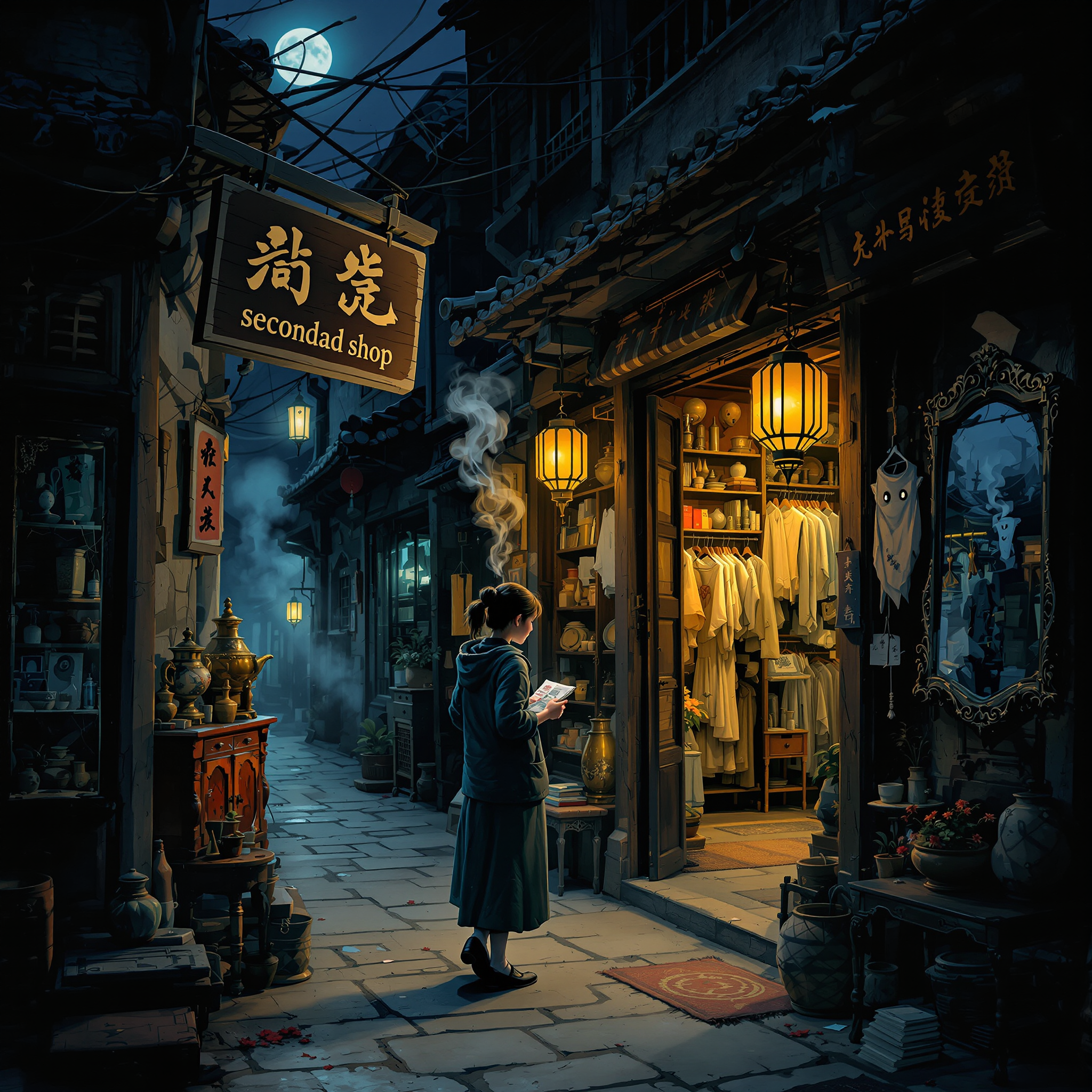According to traditional Chinese superstition, used or second-hand objects—especially clothing, jewelry, or furniture—are thought to carry the energy (or ‘qi’) of their previous owner. If that person experienced tragedy, illness, or misfortune, it is believed that these spiritual residues could be transmitted to the new user. As a preventive measure, families may avoid second-hand purchases altogether or perform cleansing rituals (such as burning incense, exposing the item to sunlight, or using salt) to spiritually purify these objects before use. This belief extends most strongly to intimate or everyday items such as beds, shoes, and wedding dresses. In some cases, gifted used items are reluctantly accepted out of politeness but are not incorporated into the household. The custom reinforces values of pride, self-sufficiency, and maintaining positive energy within the home.

A baby’s future career or fate is predicted by the first object they select during a ceremonial setup.
In several Asian and Eastern European cultures, a traditional ceremony is held for babies usually around their first birthday. Known


